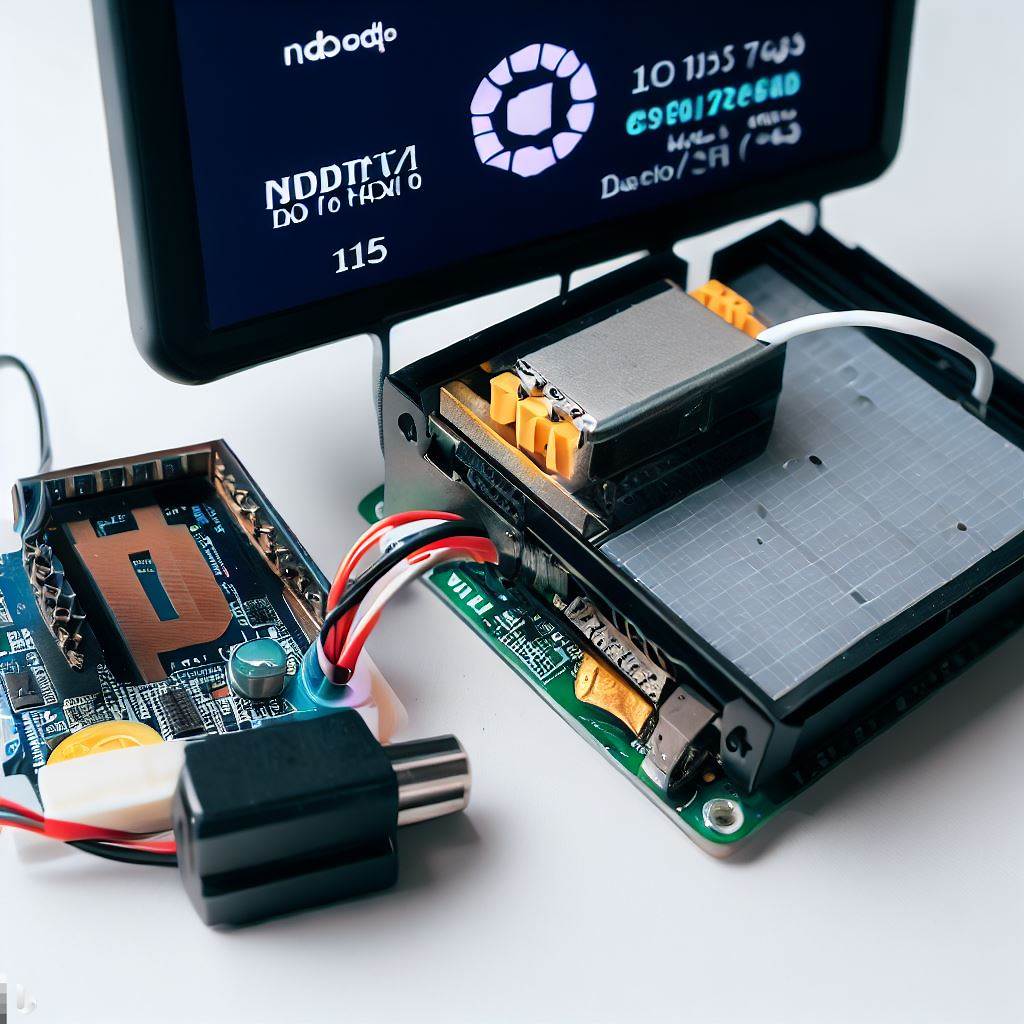Why HDD vs SSD is better vs NVMe even better

DIYnodes: Powering your Bitcoin Node and Lightning Node
Why HDD vs SSD is better vs NVME is even better to run a Bitcoin node
Using an SSD (Solid-State Drive) like SATA III instead of an HDD (Hard Disk Drive) for running a Bitcoin node offers several advantages:
- Faster Read/Write Speeds: SSDs have significantly faster read and write speeds compared to HDDs. This speed is crucial for a Bitcoin node because it needs to process a large number of transactions and store the blockchain data. SSDs can retrieve and write data much more quickly, resulting in faster synchronization and transaction processing.
- Low Latency: SSDs have very low latency, meaning they can access data almost instantaneously. This is important for a Bitcoin node because it requires quick access to the blockchain data to validate transactions and participate in the network.
- Reliability and Durability: SSDs have no moving parts, unlike HDDs, which makes them more resistant to physical damage and less prone to mechanical failures. This increased reliability is crucial for running a Bitcoin node, as any downtime or data corruption could result in missed transactions or a loss of funds.
Now, when it comes to NVMe (Non-Volatile Memory Express) SSDs, they offer even better performance compared to SATA III SSDs for running a Bitcoin node. Here’s why:
- Higher Bandwidth: NVMe SSDs connect directly to the PCIe (Peripheral Component Interconnect Express) bus, which provides a significantly higher bandwidth compared to the SATA III interface used by traditional SSDs. This increased bandwidth allows for faster data transfer rates, resulting in quicker synchronization and transaction processing for the Bitcoin node.
- Lower Latency: NVMe SSDs have even lower latency compared to SATA III SSDs. By leveraging the PCIe interface, NVMe SSDs can deliver data with minimal delay, allowing for near-instantaneous access to the blockchain data.
- Improved Parallel Processing: NVMe SSDs support parallel processing, enabling multiple input/output operations to be executed simultaneously. This capability is beneficial for a Bitcoin node because it can handle multiple transactions concurrently, enhancing the overall performance and responsiveness of the node.
In addition to the performance benefits, there are a few other factors to consider when choosing an SSD for running a Bitcoin node:
- Storage Capacity: Bitcoin’s blockchain is continuously growing, and as a node operator, you need sufficient storage capacity to store the entire blockchain. While HDDs typically offer larger storage capacities at a lower cost per gigabyte, SSDs are catching up in terms of capacity. It’s important to choose an SSD with enough storage space to accommodate the blockchain’s size, considering future growth.
Full Bitcoin blockchain is 550+ GB at the moment (June 2023), so 1TB NVMe would be enough, using same SSD to storage also your own media, 2TB is strongly recomended. - Power Efficiency: SSDs consume less power compared to HDDs since they don’t have moving parts. This can be advantageous for running a Bitcoin node, as it reduces the overall energy consumption and helps lower operational costs. It’s particularly relevant if you’re running the node on a device with limited power resources, such as a low-power computer or a Raspberry Pi.
- Noise and Heat: SSDs generate less noise and heat compared to HDDs since they lack spinning disks and mechanical components. This can be beneficial for maintaining a quieter and cooler operating environment, especially if the node is running 24/7 in a home or office setting.
- Longevity and Endurance: Both SSDs and HDDs have a finite lifespan, but SSDs generally have a longer lifespan due to their lack of moving parts. However, it’s essential to consider the endurance rating or terabytes written (TBW) of an SSD. Bitcoin nodes involve continuous read and write operations, so choosing an SSD with a higher endurance rating ensures it can withstand the heavy workload over an extended period.
- Cost: SSDs, especially NVMe SSDs, tend to be more expensive than HDDs. Consider your budget and the balance between performance and cost when selecting the right SSD for your Bitcoin node. It’s advisable to prioritize performance and reliability.
By considering these additional factors, you can make an informed decision when selecting an SSD for running a Bitcoin node that aligns with your needs and preferences.
Leave a Reply